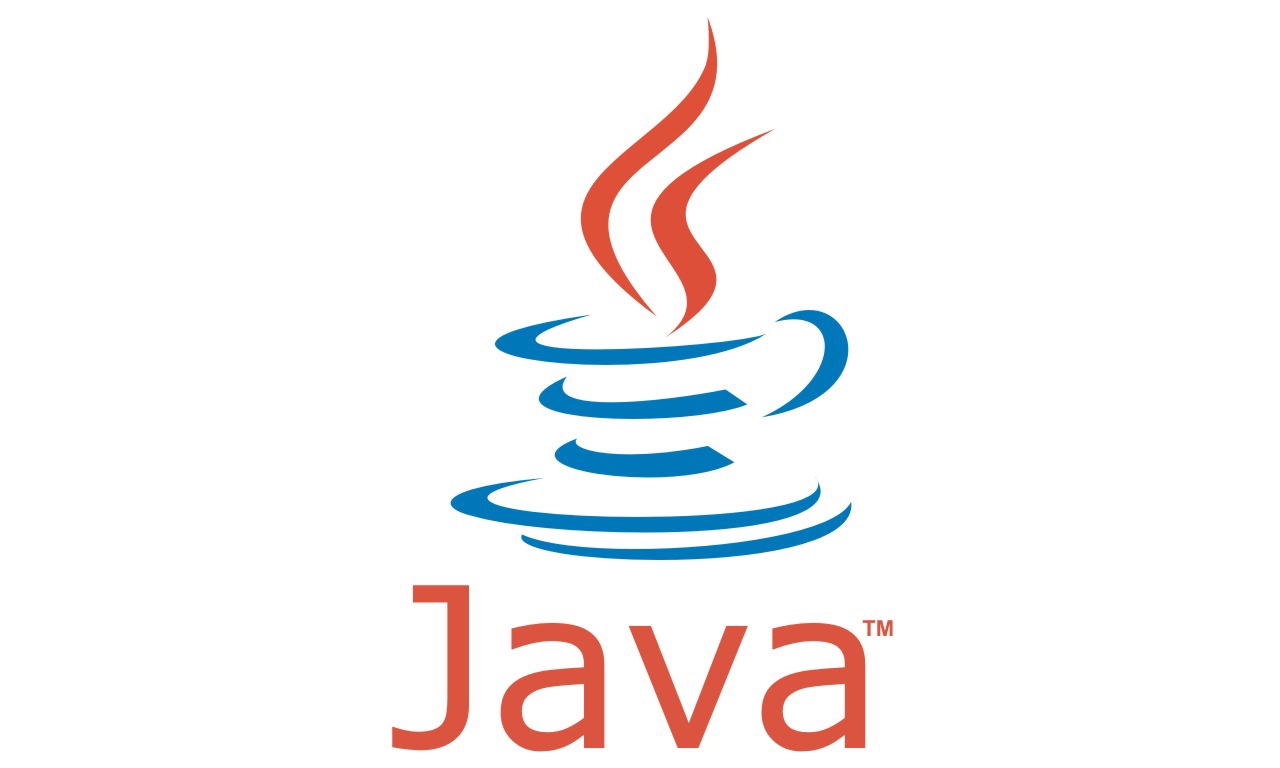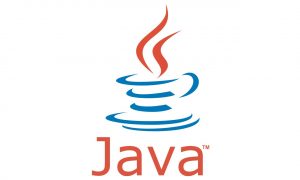Introduction
Drools, an open-source business rule management system (BRMS), empowers Java developers to create and manage complex business rules efficiently. In this tutorial, we will explore the basics of Drools, including rule creation, rule engine setup, and integration with Java applications, backed by practical examples.
Prerequisites:
- Java Development Kit (JDK) installed (version 8 or higher).
- Maven or a similar build tool installed.
Example 1: Setting Up a Maven Project
Create a new Maven project using your preferred IDE or command-line tools. Add the following dependency for Drools:
Example 2: Creating a Simple Rule
Let’s create a simple Drools rule. Create a file named SampleRule.drl in the src/main/resources folder:
Example 3: Setting Up the Rule Engine
Now, let’s set up the Drools rule engine in your Java application. Create a class named DroolsExample:
Example 4: Executing the Rule
Run the DroolsExample class, and you should see the output “Hello, Drools!” printed in the console.
Example 5: Adding Conditions to the Rule
Enhance the rule in SampleRule.drl to include a condition:
Modify the DroolsExample class to insert the required data:
Run the DroolsExample class, and you should see the output “Good morning, Drools!” in the console.
Conclusion
This tutorial covered the basics of getting started with Drools, including setting up a Maven project, creating a simple rule, configuring the Drools rule engine, and executing rules in a Java application. As you delve deeper into Drools, explore more advanced features like complex rule structures, decision tables, and integration with external data sources. Happy rule-based coding!




